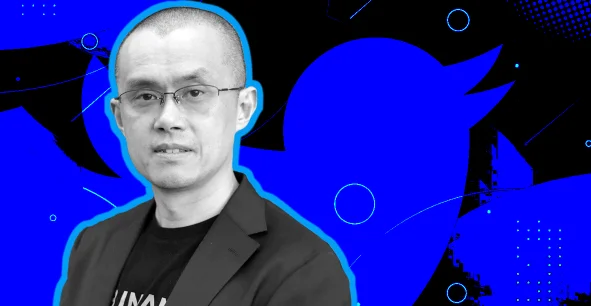In the ongoing “RIP Twitter” trend on Twitter, Binance CEO Changpeng Zao (CZ) spoke out in favor of Twitter CEO Elon Musk citing FUD as a significant concern.

Following the latest ultimatum from the Twitter CEO that employees must choose between working intense, really rigorous, long hours or losing their jobs, the campaign #RIPTwitter quickly gained momentum.
In a recent tweet, Binance’s CEO highlighted the importance of FUD (fear, uncertainty, and doubt) in the context of Twitter. “The more successful you are, the more people FUD about you. FUD makes you stronger, not weaker.”
Doge designer Billy Markus pokes fun at Twitter and likens its decline to that of Google Plus while addressing the same trend, “RIP Twitter.” In a recent Twitter thread, Markus also makes fun of Twitter staff members, claiming that they want to leave with their money rather than toiling away long hours to salvage a “dying business” (Twitter).
Hundreds of Twitter workers left the firm as a result of an order from the new owner Elon Musk, and Twitter was swamped with poignant comments from them.
The hashtag #RIPTwitter started to gain traction on Twitter as users began to question whether the service will be discontinued. Some individuals circulated images of gravestones with the tombstone “Mr. Musk destroyed the service,” while others made light of the fact that there was just one employee left. A few individuals said they were switching to other social networking sites.
Elon Musk enforces new working conditions for Twitter staff
On Wednesday, Mr. Musk offered the remaining Twitter staff less than 36 hours to decide whether to quit or dedicate themselves to creating “a breakthrough Twitter 2.0.” He said individuals leaving will get three months’ worth of severance compensation.
According to the NY Times story, Mr. Musk and his advisors spoke with several Twitter employees they considered “important” in order to prevent them from leaving, according to four individuals with knowledge of the interactions.
Before informing their supervisors, he seemed to modify his attitude toward the company’s policy against enabling employees to work from home, sending conflicting signals about it.
